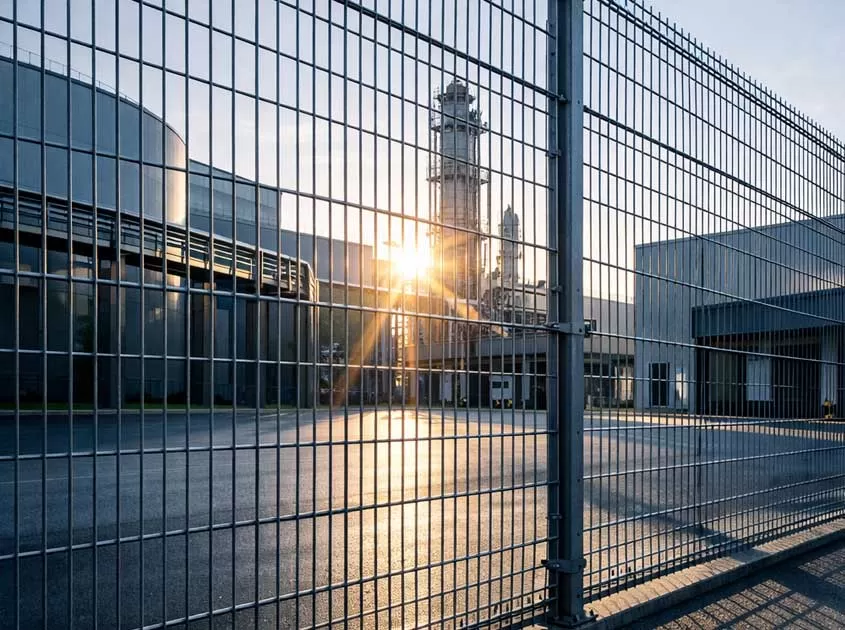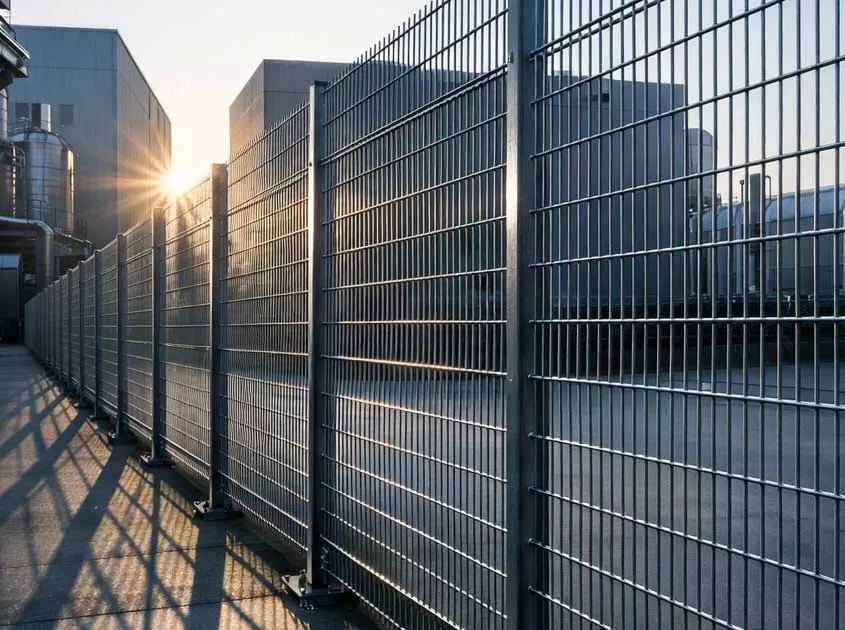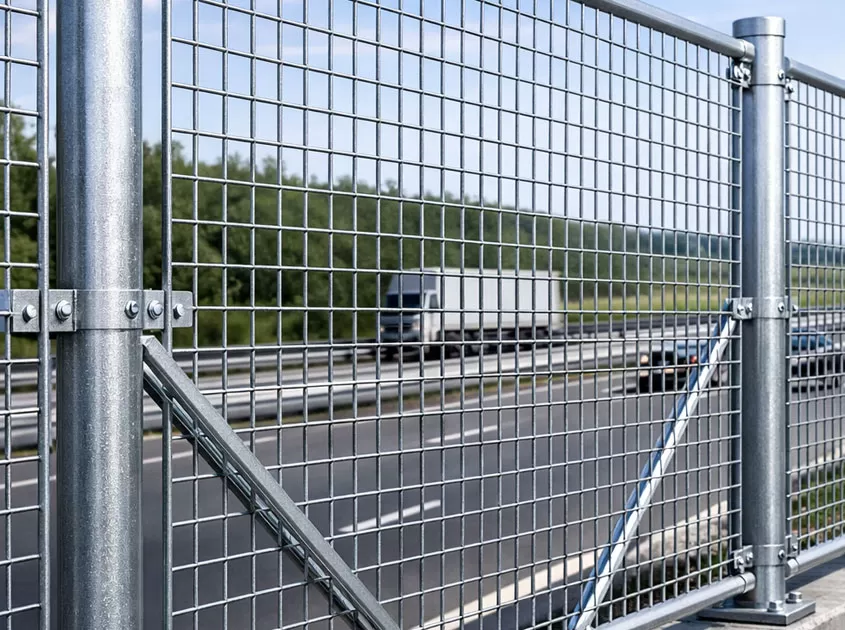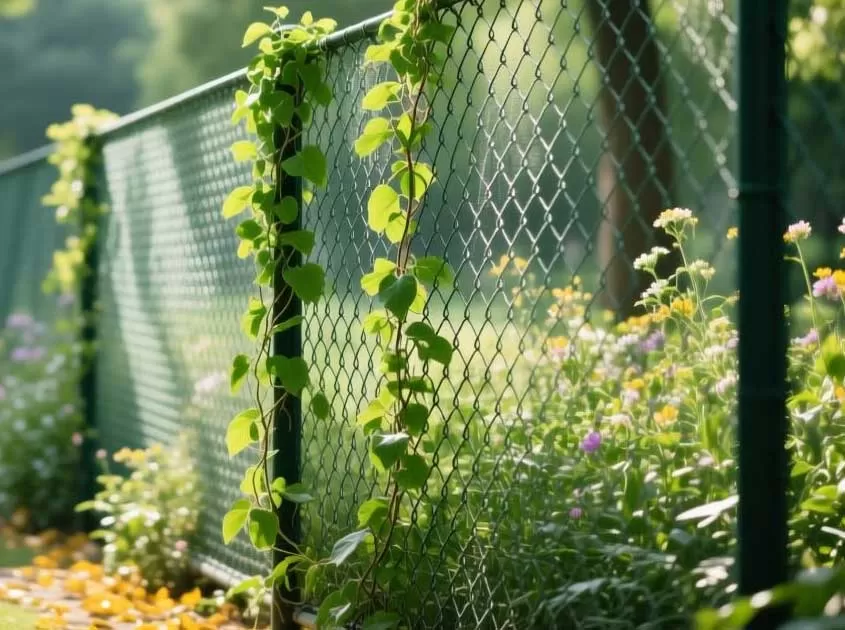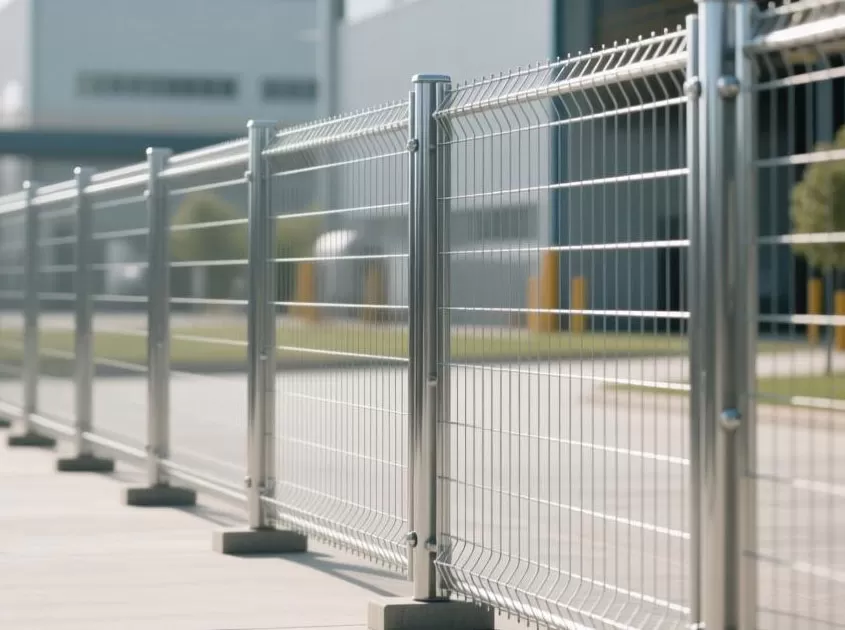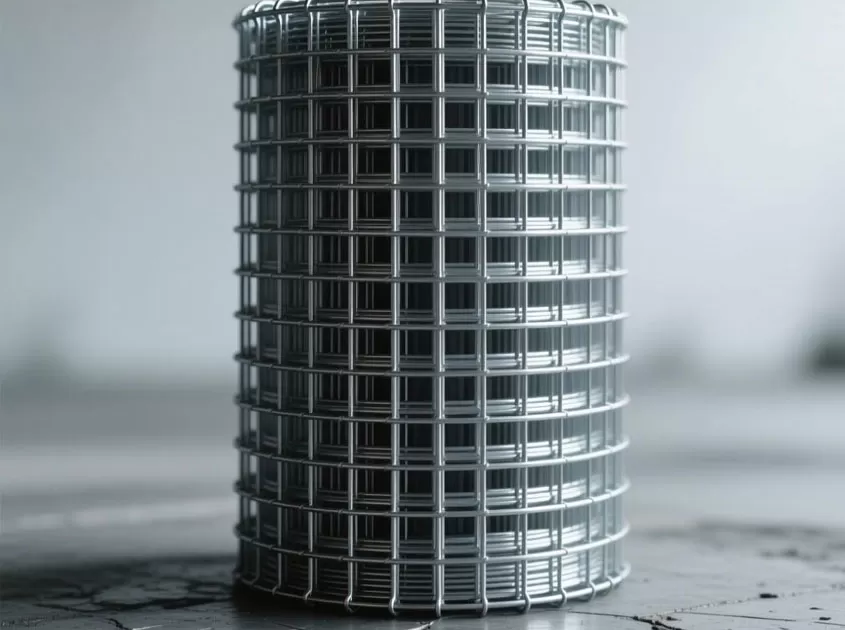Keeping it Safe and Secure: Properly Setting Up Holland Wire Mesh Support Posts
Whether used for fencing, guardrails, or other construction projects, Holland Wire Mesh is an economical and widely available material. However, the key to ensuring it can perform its best function is setting its support columns correctly. This article will take an in-depth look at how to properly set up Holland Wire Mesh support columns to ensure their safety and stability.
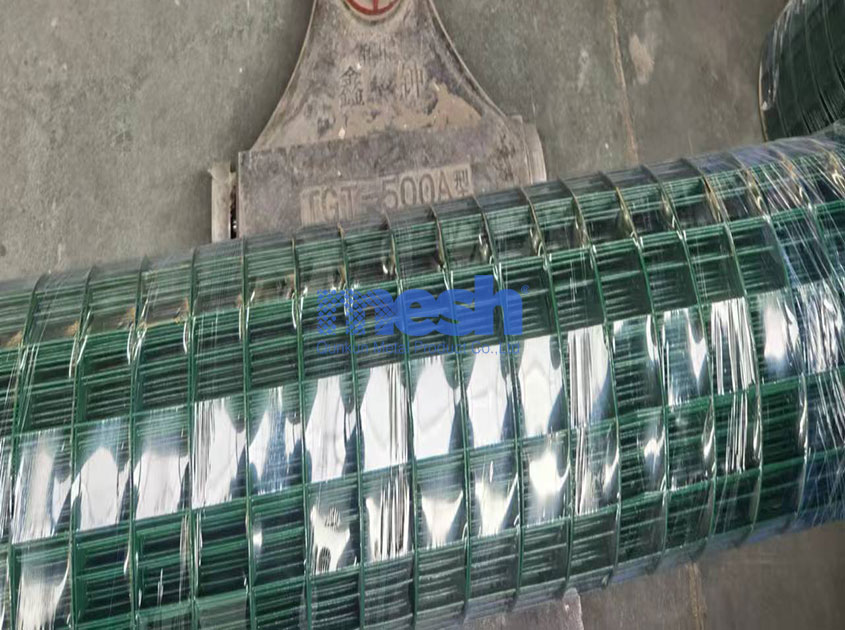
Understand the characteristics of Holland Wire Mesh
Before we start setting up the support columns, we need to have some understanding of the properties of Holland Wire Mesh. Holland Wire Mesh is a mesh structure woven by high-quality galvanized steel wire, which has excellent corrosion resistance and wind resistance. Its special design makes it more advantageous in fence applications. However, to ensure its stability, it is very important to properly set up the support columns.
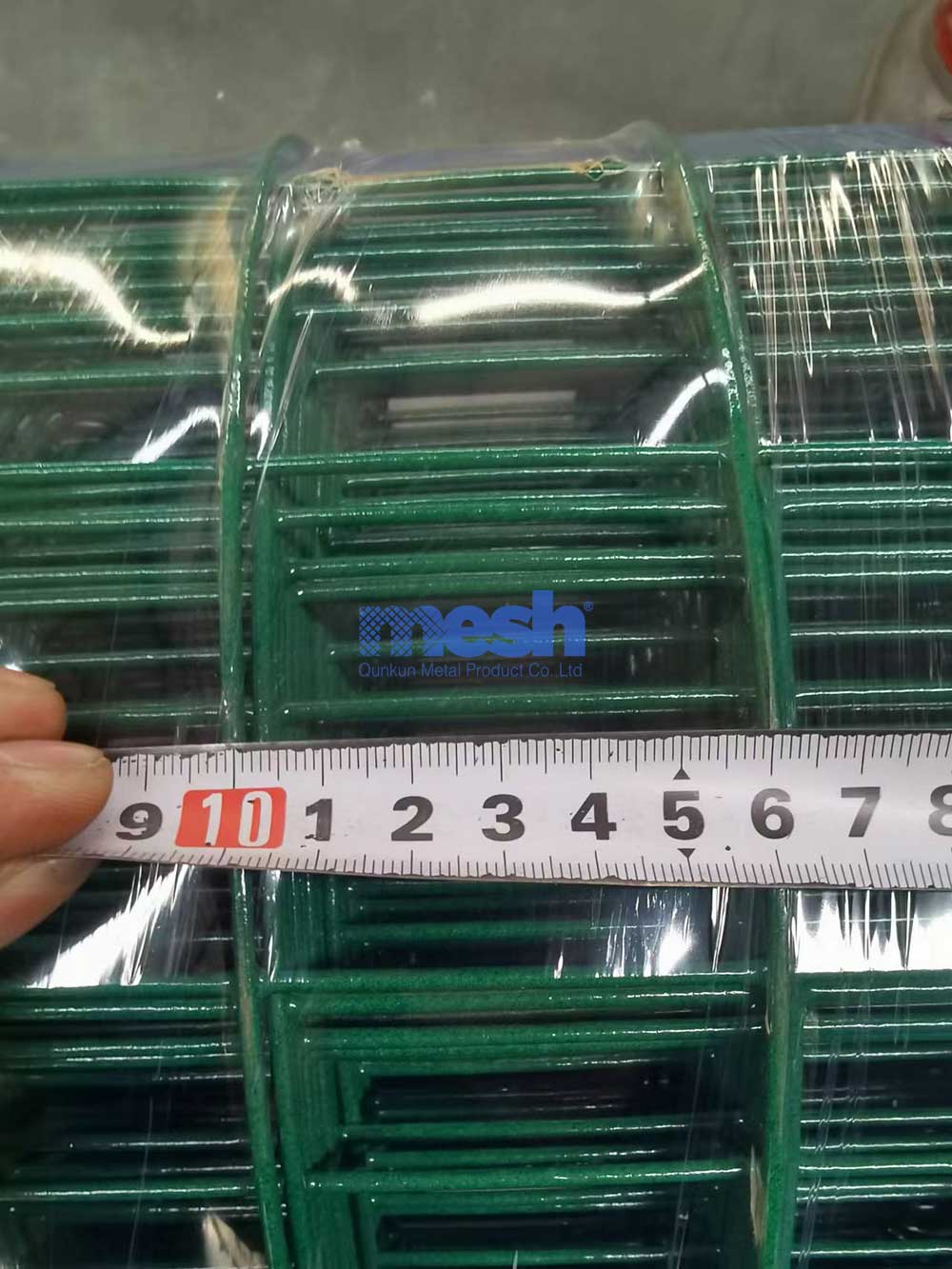
Select the appropriate support column material and size
Support posts for Holland Wire Mesh are usually made of wood, steel or concrete materials. When choosing a support column material, consider engineering needs, budget, and the environment. Steel and concrete support columns are generally more durable and strong for long-term use and where stability is critical, while timber support columns are more suitable for temporary or smaller-scale projects. In addition, it is also very important to choose the appropriate size of the support columns, too large or too small support columns may affect the stability of the entire structure.
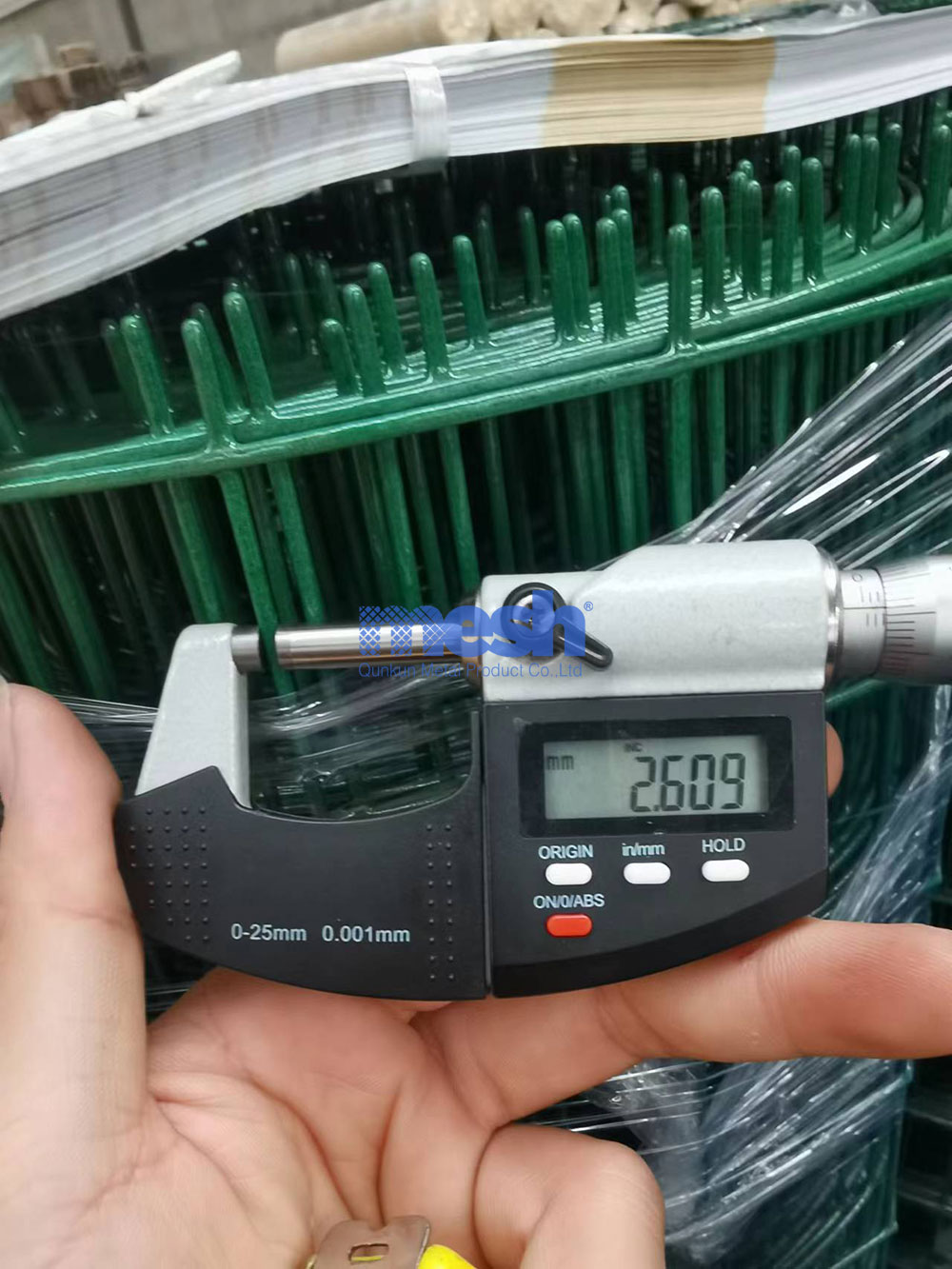
Correctly setting up the support columns of Holland Wire Mesh is a critical step to ensure its safety and stability. Reasonable selection of support column material and size, proper layout of support column position, and correct installation method are all important factors to ensure the success of the project. By following the correct setup and maintenance process, we can maximize the advantages of Holland Wire Mesh and achieve the goal of safe and stable construction.
-
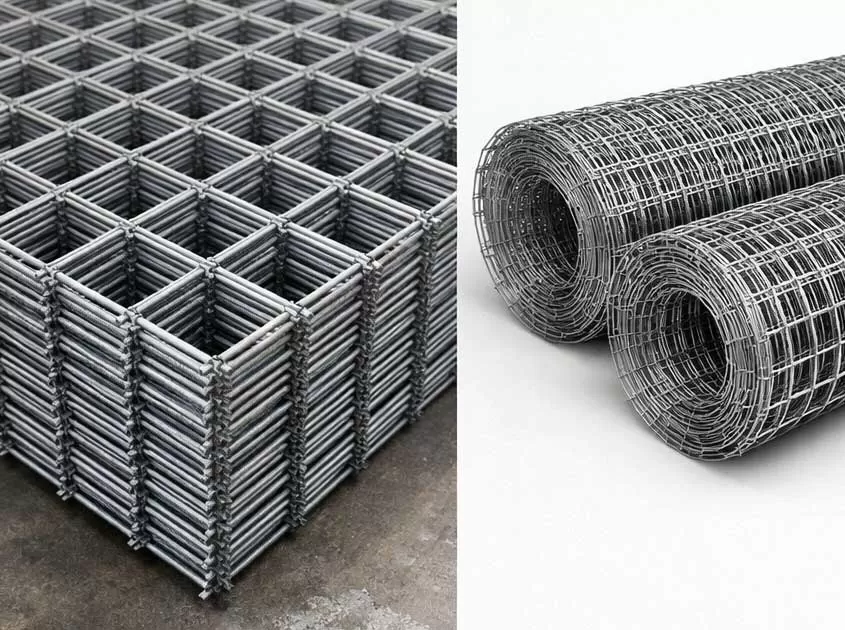 How to Check the Quality of Welded Wire Mesh Jan 16, 2026
How to Check the Quality of Welded Wire Mesh Jan 16, 2026

- Tel.: +86 311 83077076
- E-mail: sales@qunkunmetal.com
- Skype: qunkunsales01
- WhatsApp: 8618032412189
- Add.: No.69 The Filter Industrial Part of Anping, Hebei, China




